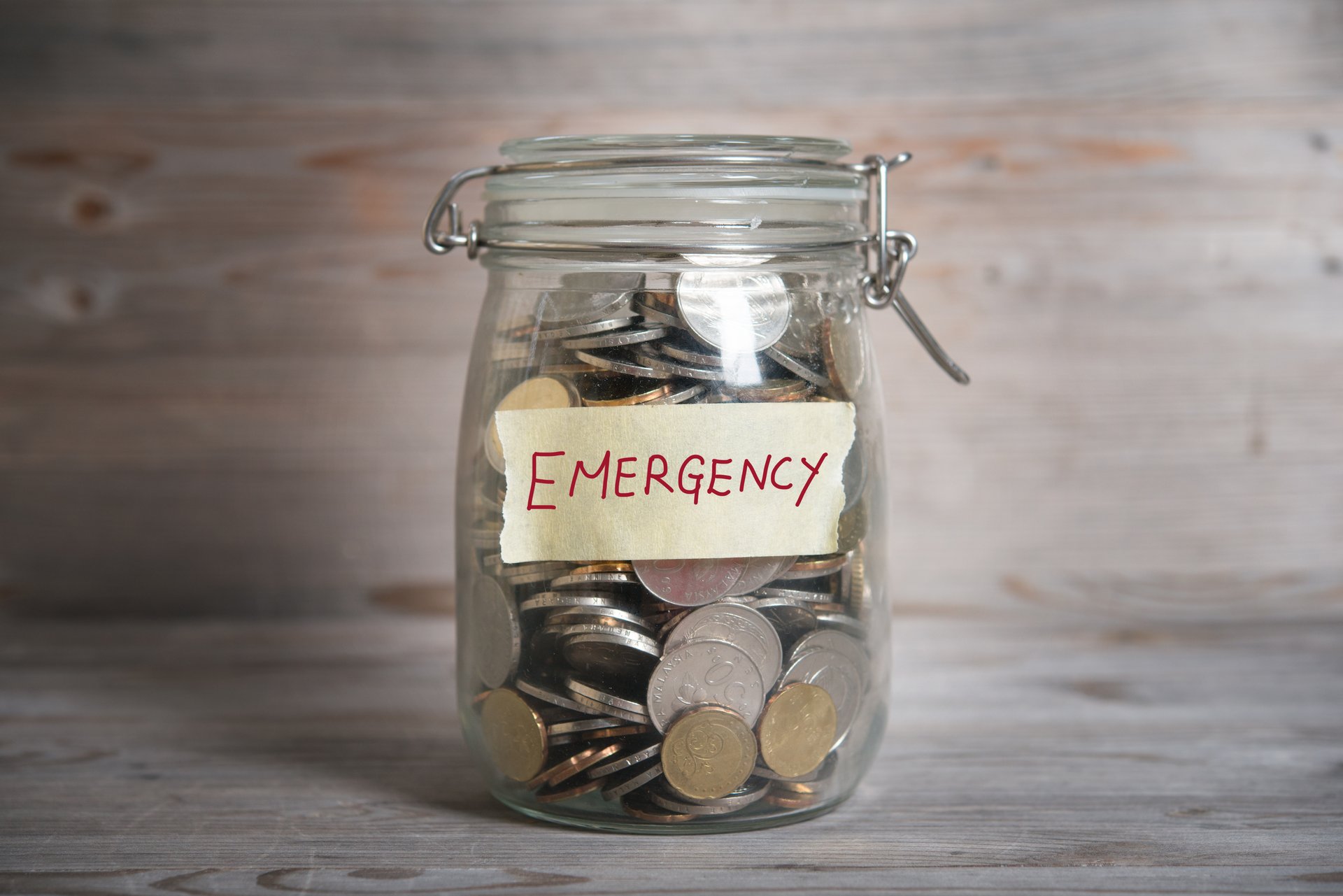
If you’ve been struggling to build a flush emergency fund, aiming instead for a smaller cash cushion might prove helpful.
For median-income households, expenses fluctuate by 29 percent each month, according to recent report from the JPMorgan Chase Institute. Total monthly expenses vary by a median amount of $1,297 — roughly equivalent to a family’s rent or mortgage payment.
For the report, the institute examined data on nearly 250,000 Chase customers to determine how their expenses vary over time, and how they respond to extraordinary expenses. This data provide what the institute describes as “a first ever look into the components of expense volatility based on real financial transactions.”
As we recently noted in “Beware These 12 Common Money Mistakes,” you’re walking a tightrope without a safety net when you have no emergency fund. Ideally, you should set aside enough money to cover your net income for seven or eight months. For example, if you earn $4,000 a month after taxes, your emergency fund should be $32,000.
That might be easier said than done, though, considering that about half of Americans say they don’t even have enough cash on hand to cover a major purchase like a refrigerator.
But Diana Farrell, CEO of the JPMorgan Chase Institute, tells CBS Money Watch that a smaller amount of spare cash can still serve as a buffer when your budget suffers an unexpected expense or a drop in income.
The institute also found that each year, 37 percent of families make an extraordinary payment for medical services, car repairs or tax expenses. Such expenses cost them a median amount of $1,520. This is particularly common among middle-income and older families.
To learn more about how to brace yourself for fluctuating finances, check out “How to Survive When Your Income Drastically Drops.”
What do you consider to be the ideal cash buffer? Share your thoughts below or over on our Facebook page.




Add a Comment
Our Policy: We welcome relevant and respectful comments in order to foster healthy and informative discussions. All other comments may be removed. Comments with links are automatically held for moderation.